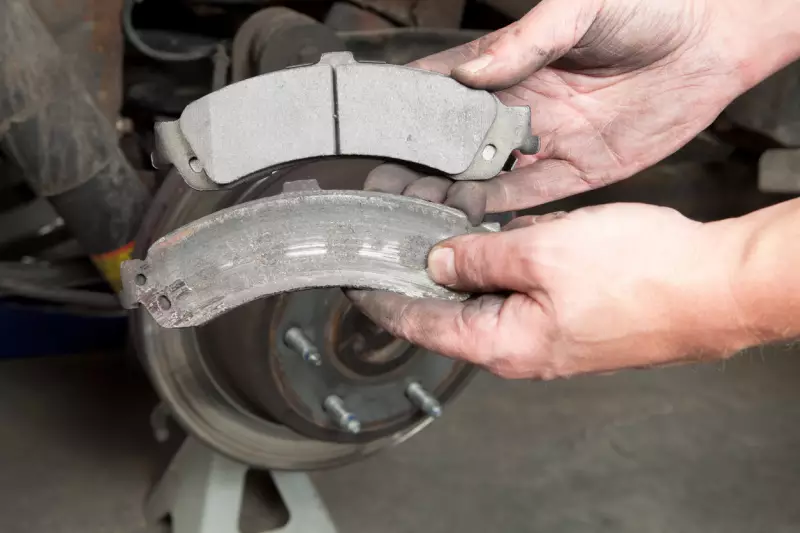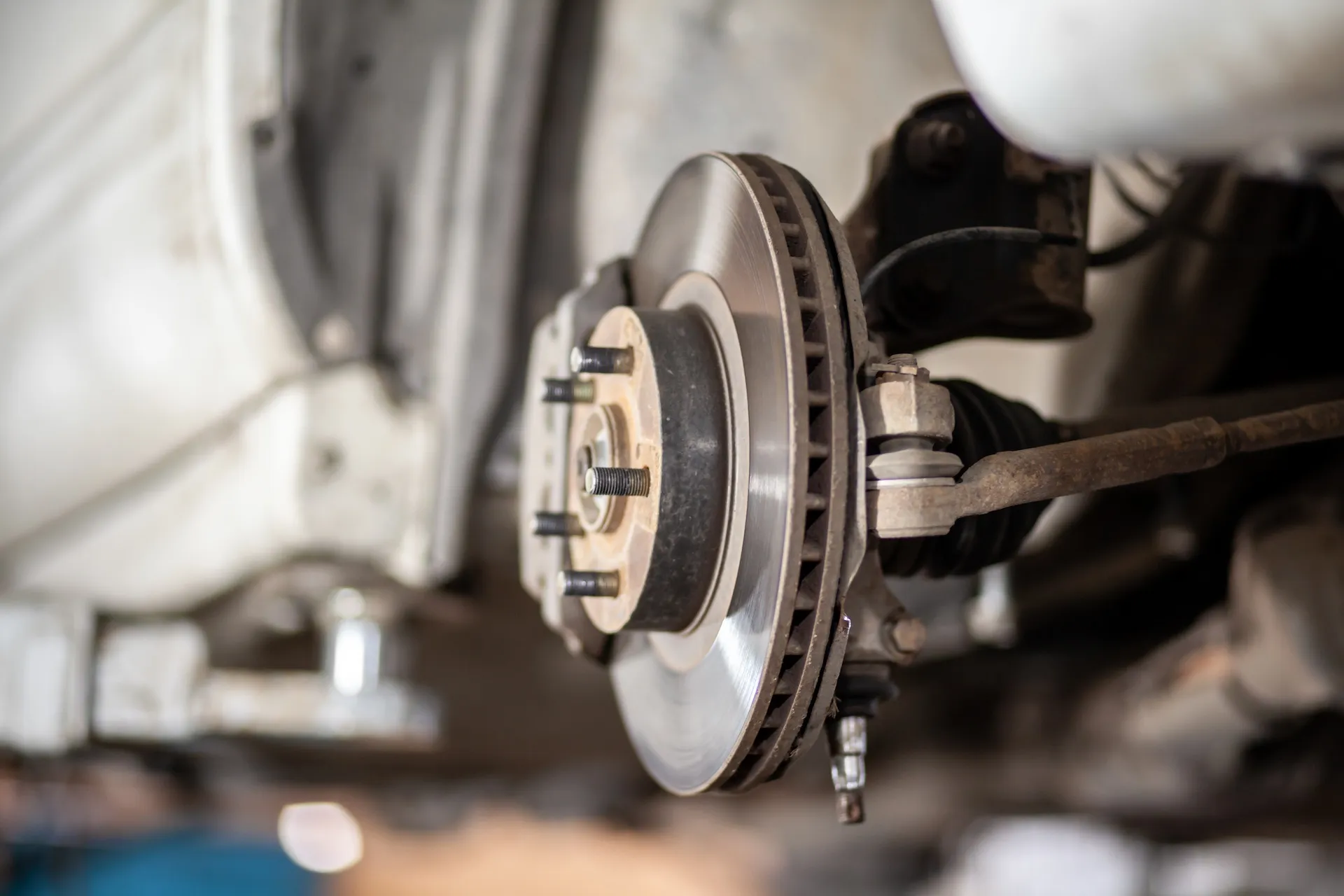Why do brakes squeak, Few car noises are as annoying and concerning as a persistent brake squeal. While a temporary squeak after rain or a car wash is often harmless, ongoing noise signals a problem that needs attention. Understanding the science behind squeaky brakes is the first step towards effectively diagnosing and fixing them, ensuring a quieter and safer ride.
why do brakes squeak: The Vibration Phenomenon
Essentially, brake squeal is a high-pitched noise caused by vibration. Think of it like a violin: the bow (brake pad) rubs against the string (rotor), causing a vibration that produces sound. Similarly, in your car’s braking system, the brake pad, rotor, and caliper can all vibrate against each other at high frequencies, creating that unwelcome squeal.
Therefore, the “science” is often about identifying what’s causing or amplifying these vibrations.
Common Causes of why do brakes squeak
Several factors can lead to brake squeal. Here are the most common culprits:
- Worn Brake Pads:
- Mechanism: Most modern brake pads have a small metal “wear indicator” tab. When the pad wears down to a critical thickness, this tab contacts the rotor, intentionally creating a squeal to warn you it’s time for replacement.
- Fix: Inspect pads immediately. If worn, replace them.
- Improper Pad Seating or Break-in (New Brakes):
- Mechanism: New pads and rotors need a “bedding-in” period. During this process, a thin layer of pad material transfers to the rotor, creating an optimal friction surface. If not properly bedded in, inconsistent contact can cause squealing.
- Fix: Perform proper brake bedding procedures (gradual stops from various speeds). Alternatively, ensure anti-squeal shims were used during installation.
- Glazed Brake Pads or Rotors:
- Mechanism: Excessive heat (e.g., from hard braking) can cause the friction material on pads and/or the surface of rotors to harden, becoming “glazed” and shiny. This reduces friction and can lead to squealing.
- Fix: For light glazing, light sanding of the pads or resurfacing the rotors might help. However, for severe glazing, replacement of pads and possibly rotors is necessary.
- Lack of Lubrication/Improper Hardware:
- Mechanism: Metal-on-metal contact where components should slide smoothly can cause noise. This includes the back of the brake pads, caliper slide pins, and mounting points. Furthermore, missing or improperly installed anti-rattle clips or shims (small pieces of metal or rubber that dampen vibrations) can also be a cause.
- Fix: Lubricate caliper slide pins and the back of brake pads with high-temperature, silicone-based brake grease. Also, ensure all anti-rattle clips and shims are present and correctly installed.
- Rust or Debris on Rotors:
- Mechanism: After a period of rain or humidity, a thin layer of surface rust can form on rotors. This typically causes a temporary squeal that disappears after a few gentle stops as the pads clean the surface. Occasionally, a small stone or piece of debris can get lodged between the pad and rotor.
- Fix: For surface rust, a few gentle stops will usually clear it. For persistent debris, professional inspection is needed to remove it and check for damage.
- Low-Quality or Incorrect Pad Material:
- Mechanism: Some aftermarket brake pads use compounds that are inherently noisier, or the wrong type of pad was installed for your vehicle or driving style.
- Fix: Consider switching to higher-quality ceramic or specific OEM-recommended pads known for quiet operation.
When to Seek Professional Help
While some squeaks are minor. Especially if the noise changes to a grinding sound, it indicates severe wear and potential danger. Therefore, if you’ve tried simple fixes or are unsure about the cause, consult a qualified mechanic immediately. They can accurately diagnose the issue, ensure proper component selection, and perform necessary repairs safely.
Conclusion: Silence for Safety
Squeaky brakes are more than just an annoyance; they’re your car’s way of telling you something is amiss. Resolving brake squeal isn’t just about restoring quiet to your drive; it’s about ensuring your braking system is performing optimally for your safety and peace of mind.




